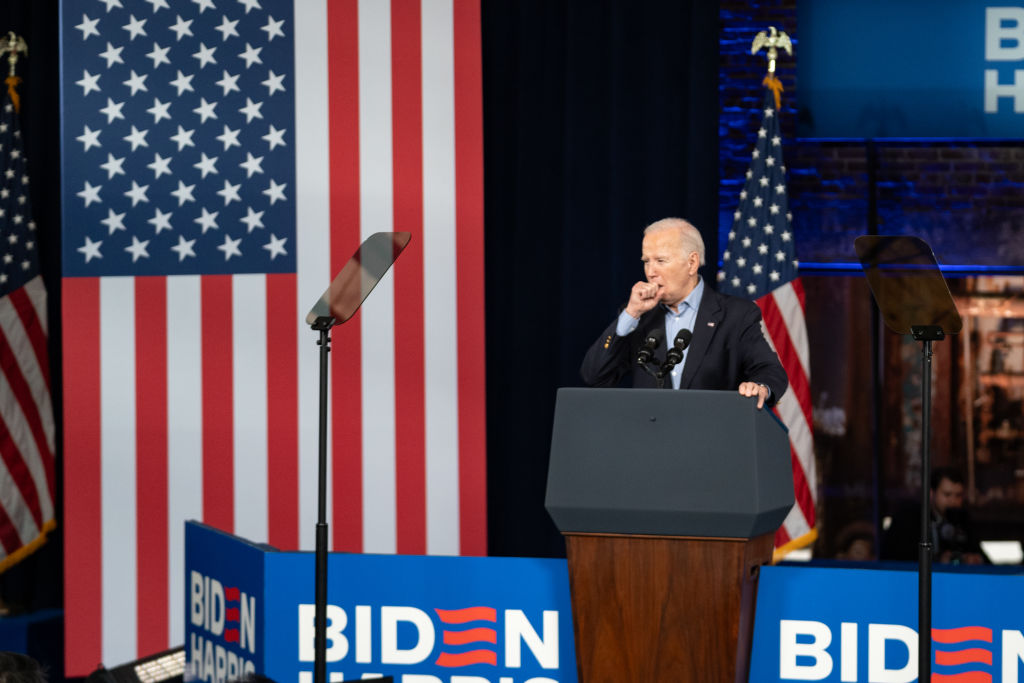As the pandemic accelerated, an epidemic seemed to recede from headlines. But it did not stop.
More than 40 states reported an increase in opioid-related deaths, with more than 81,000 between May 2019 and May 2020, the highest one-year death toll ever reported. According to the Centers for Disease Control, one cause stood out: fentanyl overdoses spiked by nearly 40 percent.
As a Schedule II controlled-substance, fentanyl is already highly regulated. The drug is several times more powerful than morphine; when used appropriately the pharmaceutical can treat severe pain post-surgery. Unauthorized use — possession, manufacturing, or distribution — is illegal.
Synthesized analogue versions of the drug are just as deadly, but can skirt regulation because of chemical differences. Drug enforcement advocates have been arguing to anyone who will listen for the last year that if a temporary scheduling order for these analogues is allowed to expire, a variety of fentanyl lookalikes, most of them from China, will suddenly become legal and unregulated.
Enter President Biden. A spokesperson for the Office of National Drug Control Policy told RealClearPolitics Monday that the White House will not allow the deadline to lapse.
‘The administration takes the May 6 deadline seriously and will work with Congress to seek a clean, seven-month extension to prevent this important law enforcement tool from lapsing,’ the official said in a statement, adding that the extension will give the administration time to ‘address legitimate concerns related to mandatory minimums and researcher access to these substances.’
This is a bipartisan win for Sens. Rob Portman and Joe Manchin, who have pushed to permanently schedule the analogues.
‘While a short-term extension would help, it is only a temporary solution and not adequate to address the opioid crisis the country is facing,’ Portman told RCP. ‘There is bipartisan support in Congress for making the classification permanent and I encourage the administration to support this approach.’
Civil rights advocates argue the opposite. They note that while fentanyl-related overdoses have increased, so have related prosecutions — a fact that they say shows prohibition is counterproductive. And by scheduling fentanyl analogues, Trump was continuing the war on drugs even as his administration was rectifying the harms created by over-criminalization of crack cocaine in the 1980s.
Synthesized analogue versions of the drug are just as deadly, but can skirt regulation because of chemical differences.
‘Tough-on-crime laws do not make us safer and have a disproportionate impact on black and brown communities,’ said Aamra Ahmad, senior legislative counsel with the American Civil Liberties Union. ‘In fact, at the federal level, 75 percent of people sentenced in fentanyl cases are people of color and over half of fentanyl prosecutions target people who need help, such as users, couriers, and street-level dealers, rather than focusing on high- or even mid-level dealers.’
‘It’s now time for Congress and the Biden administration to learn the lessons of that failed war,‘ Ahmad added.
The drug war remains a sensitive topic for the administration. Biden weathered criticism during the campaign for previous support of harsh penalties for drug offenders. He later softened that stance somewhat by backing the decriminalization of marijuana. He also promised to boost funding for drug treatment and prevention programs with an additional $125 billion over the next decade.
The White House made a downpayment on that promise in the American Rescue Plan with more than $1.5 billion directed toward opioid addiction treatment.
With the President’s support, an extension is expected to pass Congress easily. This isn’t the first time lawmakers opted for a temporary fix. The Senate passed an extension at the beginning of 2020 by voice vote. Sen. Dianne Feinstein co-authored that extension, insisting it would ‘give us time to find a common-sense, bipartisan pathway to develop meaningful solutions to the overdose crisis.‘
This article was originally published on RealClearPolitics.

























